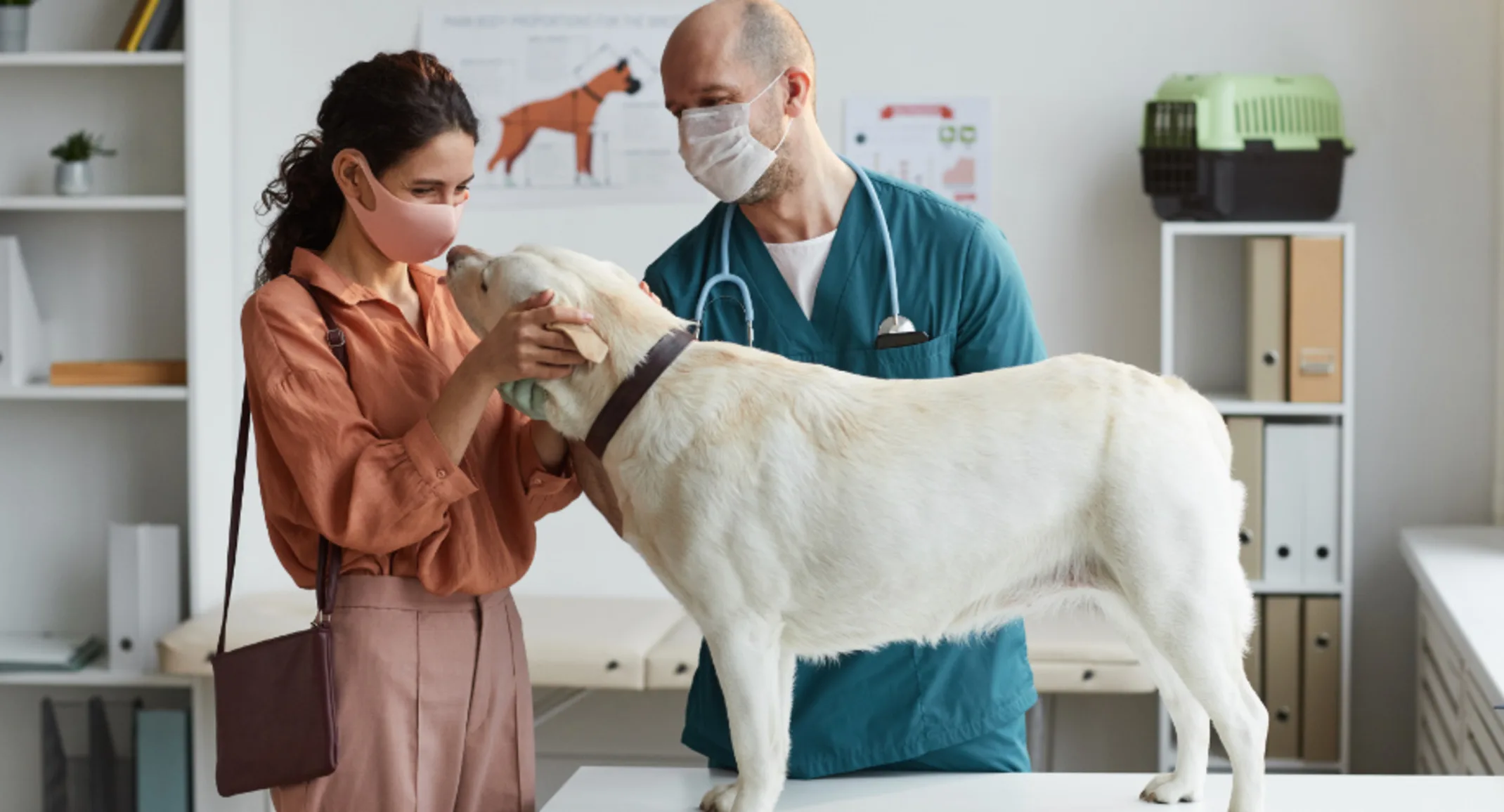April 30, 2020
1) Fleas are wingless, blood-sucking insects that prey on many different types of mammals and birds. The most common flea of our pets in North America is Ctenocephalides felis, or, the cat flea.
2) The cat flea will feed off of dogs, cats, or even humans if given the chance. These hardy pests can reproduce quickly and can also carry some serious diseases.
3) Fleas are known vectors for illnesses like the plague, tularemia, and feline infectious anemia. In addition, certain tapeworm species are carried by flea.
4) Understanding the flea’s life cycle is a vital component of eliminating the pest from your pets and your home environment.
5) Adult fleas jump onto our pets where they will generally stay for their short life of 3-4 months. They begin feeding immediately, mating within about 8 hours, and laying eggs within 24.
6) Eggs fall off of the pet and incubate in the carpeting, bedding, hardwood floors, or organic litter in the yard. Eggs will hatch to larva within 1-10 days.
7) Flea larvae will feed off organic debris, including the flea feces of their parents. After molting three times over 5-9 days, they will spin a cocoon to form pupae. The pupae will eventually emerge as an adult.
8) Flea pupae can hatch as adults in just 5-10 days or remain dormant for up to five months.
9) For total flea control, pet owners must not only kill fleas on their pets but also destroy the eggs and the larvae in the environment. Only about 5% of all fleas present will be adults.
10) Kill adult fleas by using a topical flea medication or an oral pill. These products must be used for a period of at least 3-6 months to help break the life cycle. Treat all pets in the home, not just the affected pet.
11) Use environmental products, like flea area treatments that contain Insect Growth Regulators (IGRs) as a means of destroying the eggs and larvae. In some cases, you might need professional assistance to deal with fleas in your yard.
12) Please check with us before using flea products. Many older products are hazardous to people and pets and even newer, safer products can be problematic if applied incorrectly or to the wrong species.
13) The Doctors and Veterinary staff at Southwest Animal Clinic can help you decide which flea product is best for you and your pet.

